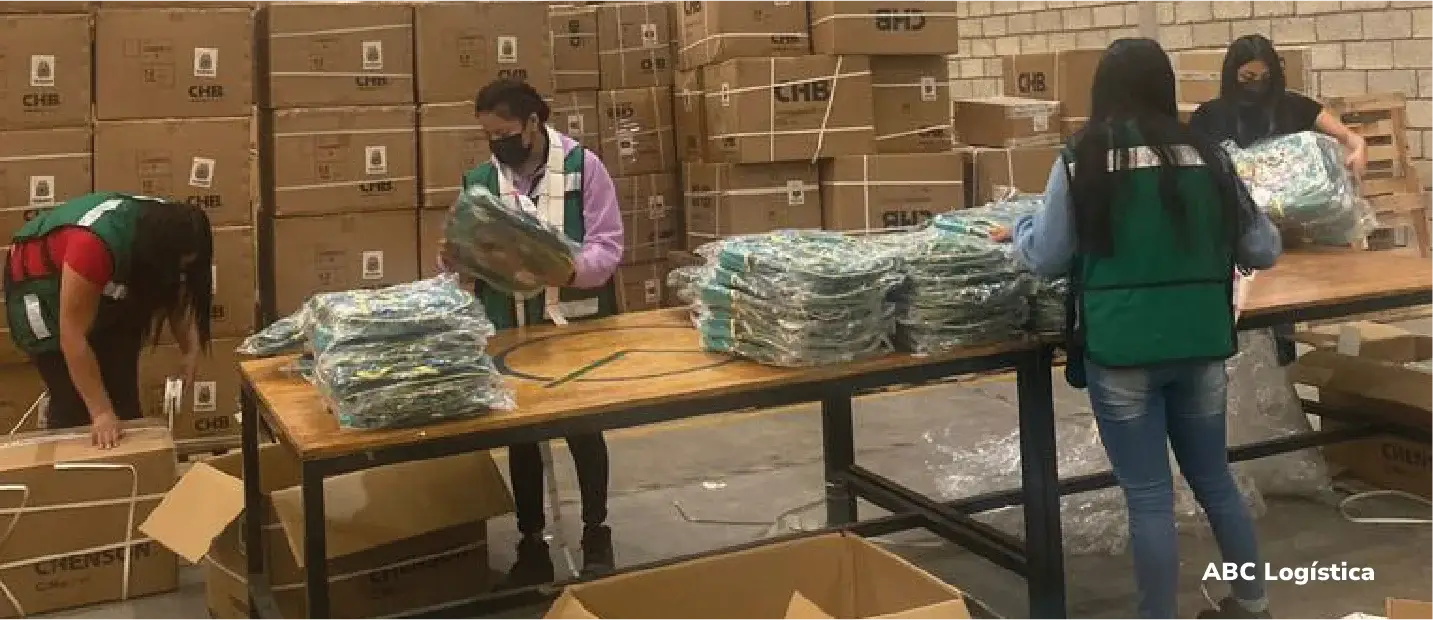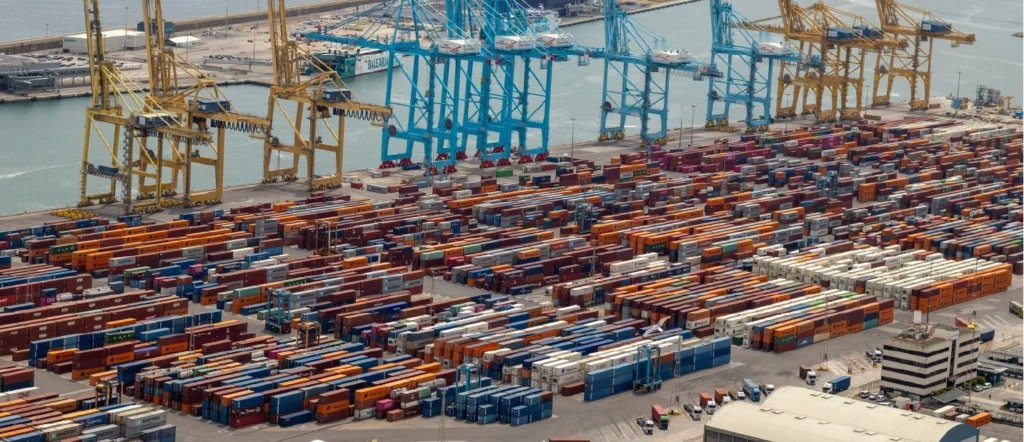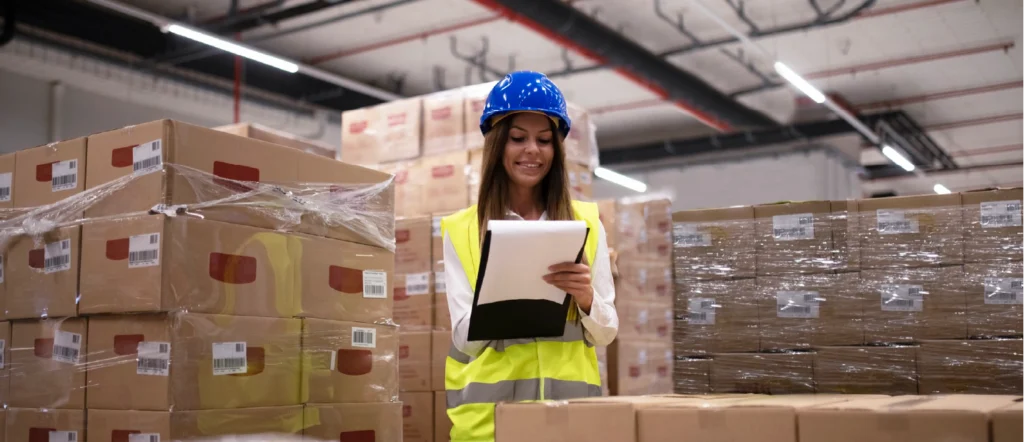What are NOMs?
Mexican Official Standards (NOM) are technical regulations issued by various Mexican authorities for the purpose of establishing specific requirements and standards for products, services, processes and practices in Mexico. These standards are intended to protect the health, safety and welfare of consumers, as well as to promote quality and competitiveness in various sectors of the economy.
NOMs cover a wide range of areas, and their classification is based on the type of products or services to which they apply. The following is a general classification of Mexican Official Standards:
- NOM for Health and Safety: These standards address issues related to the health and safety of consumers and workers in areas such as food, beverages, pharmaceuticals, medical devices, hazardous chemicals, vehicles, toys and personal protective equipment.
- NOM for Quality and Conformity: These standards establish quality requirements, technical specifications and test methods for manufactured products, construction materials, electrical products, electronic products, textiles, furniture and other consumer goods.
- NOM for the Environment: These standards focus on environmental protection and sustainable management of natural resources. They include regulations related to air pollution, water, waste, energy and biodiversity conservation.
- NOM for Energy and Energy Efficiency: These standards establish energy efficiency requirements for electrical and electronic products and equipment, as well as standards for the generation, transmission and distribution of electricity.
- NOM for Information Technology and Communications: These standards apply to telecommunications equipment, electronic devices, software and information technology services, with the objective of ensuring the interoperability and security of communications and information.
- NOM for Agriculture and Food: These standards regulate the production, processing and labeling of agricultural products, food and beverages, as well as food safety and the quality of agricultural products.
- NOM for Professional Services and Practices: These standards can be applied to various industries and professions, such as construction, health, education, occupational safety, metrology and auditing.
- NOM for Transportation and Mobility: These standards establish technical and safety requirements for vehicles, public transportation systems, roads, airports and other aspects related to mobility and transportation.
- NOM for Housing and Construction: These standards regulate quality and safety in the construction of housing, buildings, infrastructure and water and sanitation systems.
- NOMs for Specifically Regulated Products and Services: In addition to the above categories, there are NOMs that apply to specific products and services that do not directly fit into any of the above categories.
Mexican Official Standards are mandatory and must be complied with by manufacturers, importers, exporters, service providers and other economic agents operating in Mexico to ensure the safety, quality and protection of consumers and the environment. Mexican authorities, such as the Instituto Nacional de Normalización y Certificación (INN), issue and supervise the application of NOMs in Mexico.
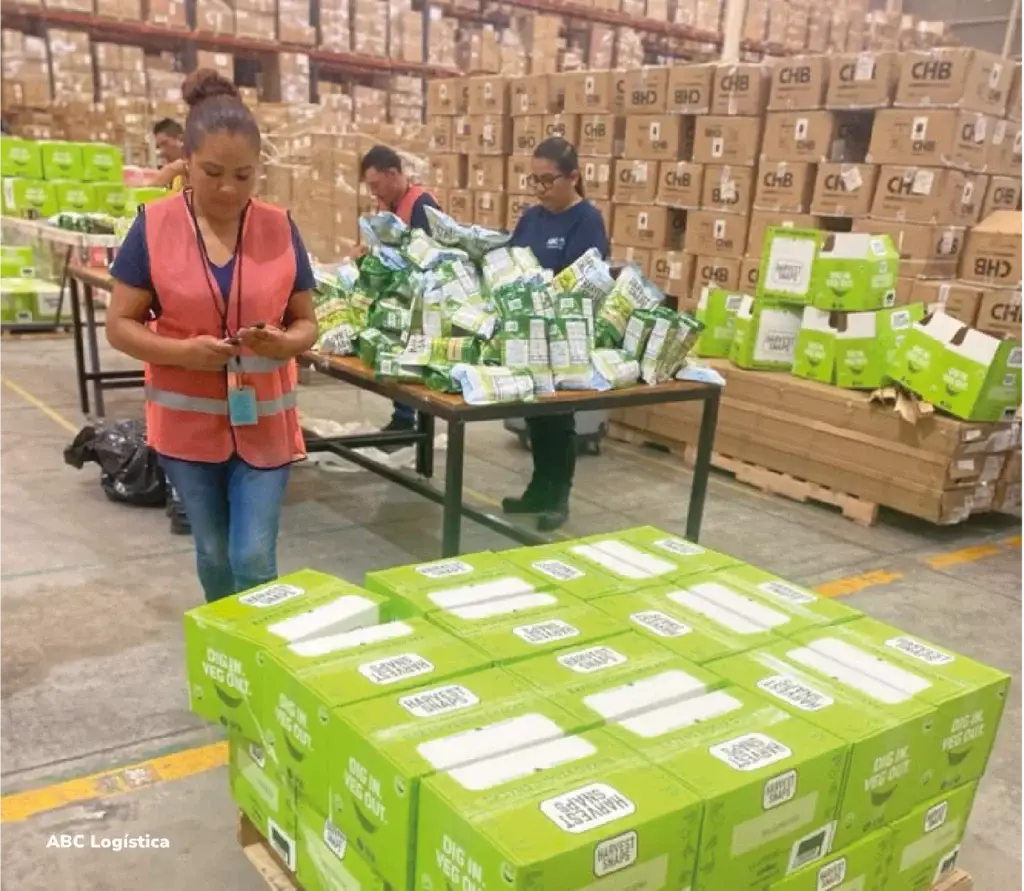
What is the purpose of NOMs for commercial information?
Mexican Official Standards (NOMs) for commercial information, also known as NOMs for labeling and front labeling, have as their main objective to provideclear and accurate information to consumers about the products they purchase. These standards are designed to promote transparency, consumer safety and informed decision making. Some of the functions and purposes of NOMs for commercial information are described here:
- Consumer Protection: NOMs on commercial information protect consumers' rights by ensuring that products include labels with essential information on their contents, ingredients, origin, expiration date and precautions for use. This enables consumers to make informed and safe decisions when purchasing products.
- Food Safety: In the case of food and beverage products, NOMs for labeling ensure that products comply with food safety standards and provide information on ingredients, allergens, nutritional value and expiration date.
- Fraud Prevention: These standards help prevent fraud and counterfeiting by establishing clear requirements for information on labels and packaging. This facilitates the identification of authentic products and prevents the marketing of counterfeit or adulterated products.
- Promoting Fair Competition: By ensuring that the information on labels is accurate and truthful, NOMs promote fair competition among companies by preventing unfair marketing practices or misleading advertising.
- Nutritional Information: NOMs for commercial information usually include requirements for nutritional labeling, which allows consumers to know the amount of calories, fat, carbohydrates, protein, vitamins and minerals in food products.
- Health Warnings: In some cases, NOMs may require that health warnings be included on products that may pose health risks, such as hazardous chemicals or products high in sugar, salt or saturated fats.
- International Trade Facilitation: Compliance with NOMs on trade information is essential for companies exporting products to Mexico, as it ensures that products comply with Mexican standards and requirements, thus facilitating international trade.
- Regulatory Consistency: NOMs provide a clear and uniform regulatory framework for companies to follow, ensuring that there is consistency in the information provided on products throughout the Mexican market.
- Public Health: By providing relevant information on products such as drugs, medical devices and chemicals, NOMs for commercial information also help protect public health by ensuring that products are safe and meet quality standards.
3 examples of Mexican Official Standards (NOMs)
| Textiles | NOM-020-SCFI-1997: This standard establishes the labeling specifications that must be met by garments and textiles sold in Mexico. It refers to information that must appear on labels, such as fiber composition, care instructions and consumer warnings. NOM-004-SCFI-2006: This standard establishes labeling requirements and information content for textiles and textile products marketed in Mexico, including apparel, home textiles and industrial textiles. |
| Electrical Products | NOM-001-SEDE-2012: This standard establishes the specifications and safety requirements for electrical equipment used in domestic and similar installations. It applies to electrical appliances, electrical cables, plugs, switches and other related products. NOM-003-SCFI-2014: Safety specifications, covers all electrical and electronic devices powered by public service electricity, as well as other energy sources, such as batteries, accumulators and self-generation; in alternating and/or direct current, with a rated voltage up to 1000 V in alternating current and up to 1500 V in direct current. |
| Food and Beverages | NOM-051-SCFI/SSA1-2010: This standard regulates the front labeling of prepackaged foods and non-alcoholic beverages to inform consumers about the content of added sugars, saturated fat and sodium. It also prohibits the use of characters, cartoons and celebrities in the promotion of unhealthy foods aimed at children. NOM-086-SSA1-1994: This standard establishes health specifications and quality requirements for foods and beverages with alcoholic content. It regulates aspects such as product identification, composition and production conditions. |
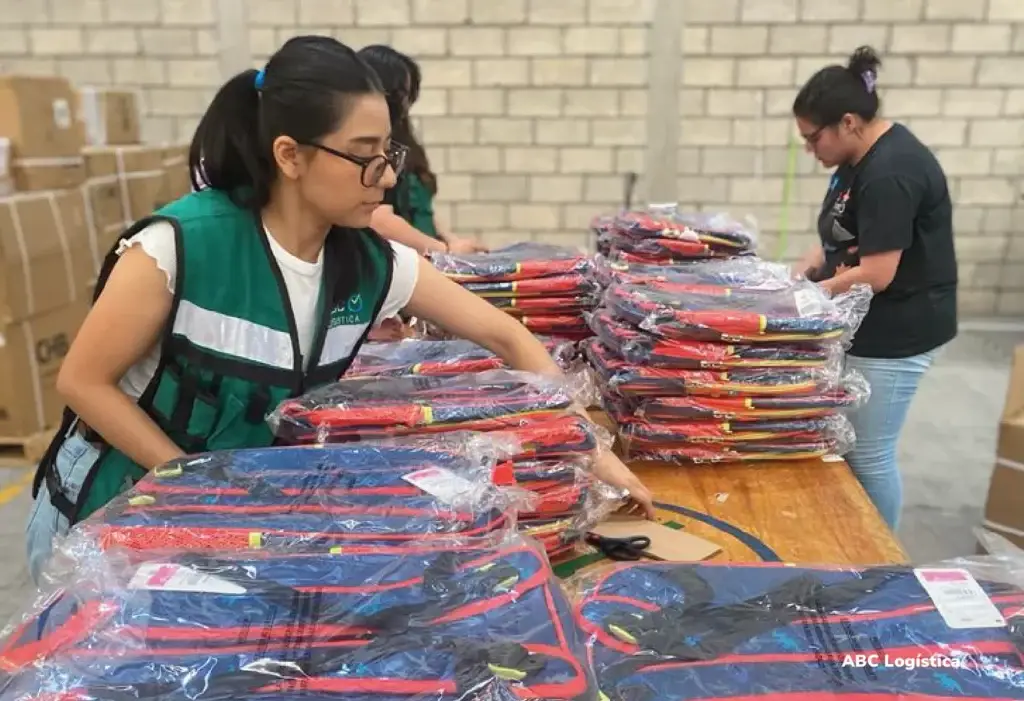
It is important to remember that these are only some of the NOMs applicable to textiles, electrical products and food in Mexico. Regulations can vary and are updated over time to address changing safety, quality and consumer protection needs. Companies operating in these sectors should be aware of the specific regulations that apply to them and comply with the corresponding NOMs to ensure that their products meet Mexican standards.
In summary, NOMs for commercial information play a crucial role in protecting consumers, promoting transparency in the marketplace, and ensuring that products comply with safety and quality standards in Mexico. These standards help consumers make informed and safe decisions when purchasing products and are essential for the regulation and supervision of various industrial sectors. Don't forget to visit official sites for more information: https://www.gob.mx/se/acciones-y-programas/sabes-como-te-benefician-las-normas-oficiales-mexicanas
At ABC Logistics we provide you with integral solutions to comply with sanitary regulations, commercial information labeling (NOMs) and product certificates, we guide you through the process, ensuring that your products comply with all current regulations. Contact us!

